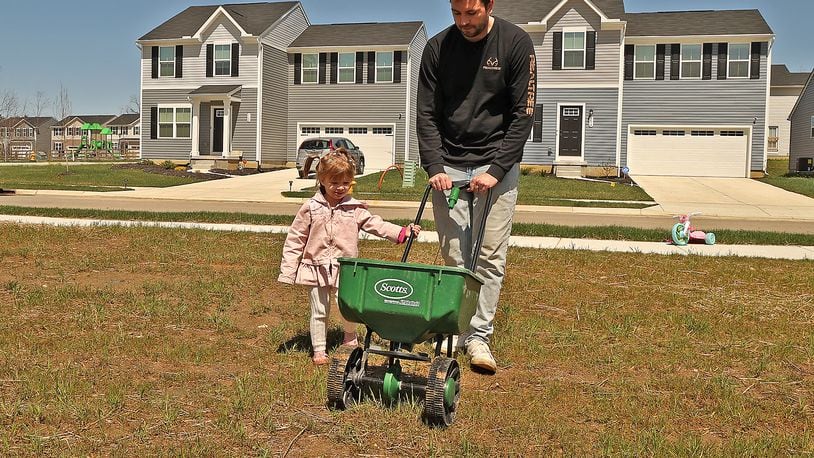While interest in new development continues to grow, there is still more work to do, and that’s where the Greater Ohio Policy Center (GOPC) fulfills its role as a key community partner in this arena.
Recently, the GOPC released “Quality Housing for All: A Four-Year Strategic Plan for Springfield,” a multi-year strategic plan for housing in our community. This strategic plan gives us a roadmap for addressing the housing opportunities in Springfield using a four-pronged strategy that seeks to: protect vulnerable residents; enhance existing housing stock; produce additional affordable housing; and, reduce barriers to housing development and renovation.
In the short term, the strategic plan outlines specific initiatives, some of which we’ve already enacted. The establishment of a vacant property registry and receivership program, for example, have already been launched. This program facilitates accountability for property owners who have fallen behind in code compliance. Other short-term initiatives that the GOPC recommended include: an increase in health and code compliance and establishment of a rental license program; implementation of a risk-tolerant loan fund for developers, builders and housing rehabilitation enterprises; and, more output from non-profit developers.
We are also looking at the long-term strategies that the plan recommends. The GOPC advises us that we can help to protect vulnerable residents by expanding emergency shelter capacities and furthering homeowner education of tax relief programs.
To promote and enhance existing neighborhoods through 2024, the GOPC suggests that we find ways to shorten the tax foreclosure timeline, boost the Clark County Land Bank’s delinquent tax and assessment collection fund income from 2.5 to 5 percent, and establish housing and neighborhood resources in the southwest quadrant.
While the strategic plan recommends that we stay the course in our current development and rehabilitation efforts, the GOPC recommends that we produce affordable housing through 2024. We may help this effort by creating a down-payment grant program for modest-income residents and by being more aggressive in our application of low-income housing tax credits.
As we implement the strategies outlined by the GOPC’s housing workplan, we may be able to not only reverse the downturn that existed prior to the COVID-19 pandemic, we can lift the community up from COVID’s devastating aftermath.
This does not occur in a vacuum. We are grateful to have a strong coalition of forward-thinking community partners who share our vision of an even stronger and more prosperous community. As we look to further growth and development, enhancing and improving our homes and neighborhoods is vital to our common goal of building a brighter future for Springfield.
Bryan Heck is the Springfield City Manager.
Housing affordability in the Miami Valley

As rents continue to climb across the region and many local residents find themselves working in occupations that on average do not pay enough for them to afford modest rental units, affordable housing is becoming an increasingly important issue for our communities and communities across the nation. New housing and commercial developments are planned across our region and each one sparks heated debate among residents who will live near them, the developers of these projects and civic leaders who must balance the needs of existing residents with growing the local economy and attracting newcomers.
» Springfield and the entire country needs more housing, fast
» We need to be smart, responsible with our growth
» Plan provides multi-year roadmap for neighborhood solutions
» Displaced Anthony Wayne residents asking for a fair shot
» New hotel in downtown Hamilton will make the city proud
» Cost of redevelopment should not include displacing residents
About the Author
